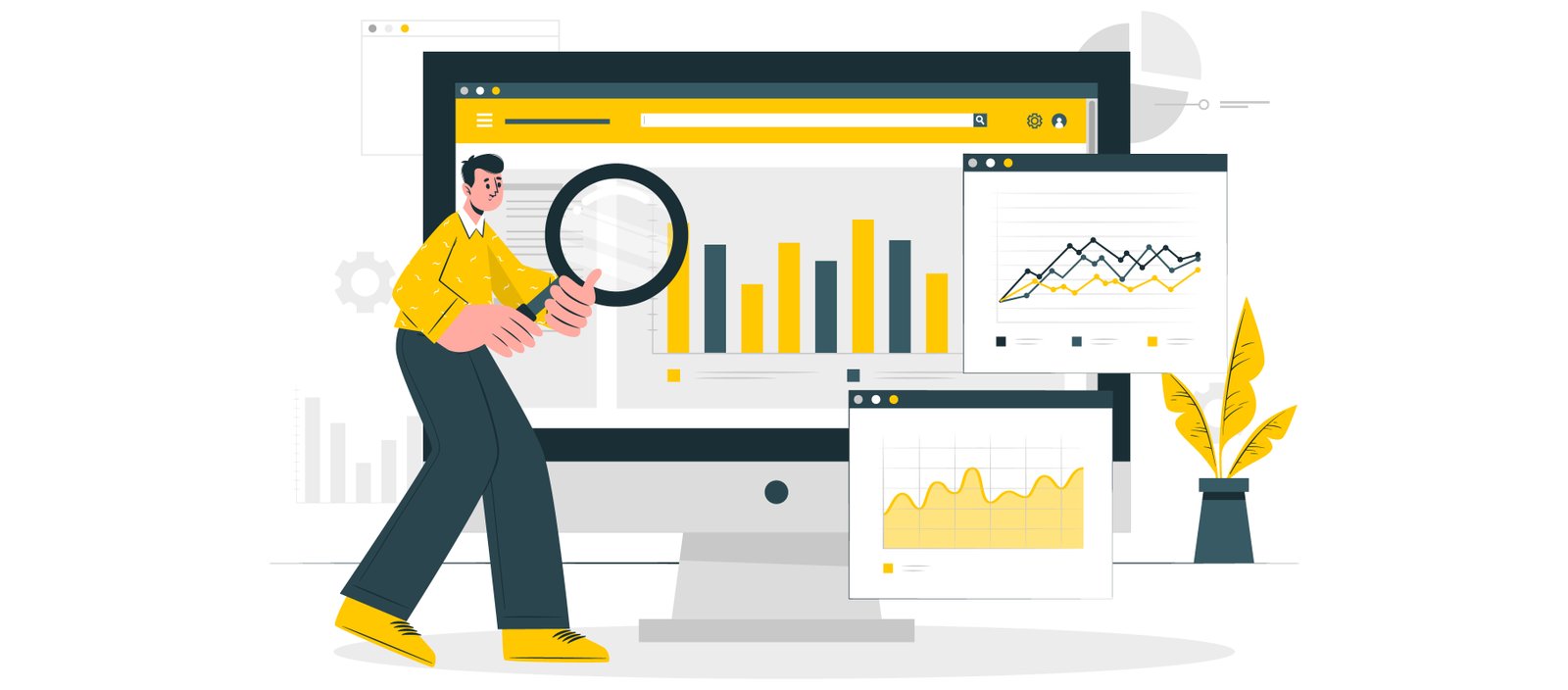
Exploring the Future of Information Technology: Innovations, Trends, and Impact on Society
The future of Information Technology holds immense potential, promising to revolutionize every aspect of our lives. As we stand on the brink of a technological renaissance, innovations such as artificial intelligence, machine learning, and blockchain are paving the way for unprecedented advancements. In this blog, we explore the latest trends, delve into emerging technologies, and analyze the impact of IT on various industries. From enhancing productivity and efficiency to reshaping communication and entertainment, the possibilities are endless. Join us as we unravel the future of IT and its transformative power.
The world of Information Technology is rapidly evolving, bringing forth groundbreaking innovations and trends that are shaping the future. From artificial intelligence and machine learning to cloud computing and cybersecurity, the IT landscape is transforming how we live, work, and interact. This blog delves into the latest advancements, explores emerging trends, and examines the profound impact these technologies are having on various sectors. Join us as we navigate the exciting journey of IT evolution and its implications for the future.
Introduction to the Future of IT The landscape of Information Technology is undergoing a rapid transformation, driven by unprecedented innovations and emerging trends. As we venture into the future, technologies like artificial intelligence (AI), machine learning (ML), blockchain, and cloud computing are at the forefront of this evolution. These advancements are not only enhancing the efficiency and capabilities of IT systems but are also reshaping the way we live, work, and interact with the digital world. This blog explores the dynamic nature of IT, highlighting the key trends and innovations that are set to define the future.
The Role of Artificial Intelligence and Machine Learning Artificial intelligence and machine learning are revolutionizing the IT sector by automating processes, enabling smarter decision-making, and enhancing user experiences. AI algorithms can analyze vast amounts of data to identify patterns and provide actionable insights, while ML models continuously improve through learning from new data. These technologies are being integrated into various applications, from chatbots and virtual assistants to predictive analytics and autonomous systems. The future of IT will see even greater adoption of AI and ML, driving advancements across industries such as healthcare, finance, and manufacturing.
The Rise of Cloud Computing and Its Impact Cloud computing has transformed the way businesses operate by providing scalable, on-demand access to computing resources. It allows organizations to store and process data remotely, reducing the need for physical infrastructure and enabling greater flexibility. With the rise of hybrid and multi-cloud environments, businesses can optimize their IT strategies to achieve greater efficiency and cost savings. The future of cloud computing promises further innovations, including edge computing and serverless architectures, which will push the boundaries of what is possible in the digital age.
Strengthening Cybersecurity in a Digital World As the digital landscape expands, so do the challenges associated with cybersecurity. Protecting sensitive data and maintaining privacy are paramount concerns for businesses and individuals alike. Advances in IT security are addressing these challenges through the development of robust encryption methods, advanced threat detection systems, and comprehensive security protocols. The future will witness increased investment in cybersecurity technologies, ensuring that as we embrace new IT innovations, we do so in a secure and protected environment.
The Transformative Power of Emerging Technologies Emerging technologies such as blockchain, the Internet of Things (IoT), and quantum computing are set to revolutionize the IT industry further. Blockchain offers decentralized and secure transaction mechanisms, IoT connects devices and systems for smarter interactions, and quantum computing promises to solve complex problems beyond the capabilities of classical computers. These technologies will drive new business models, enhance operational efficiencies, and open up unprecedented opportunities for innovation. The future of IT is not just about incremental improvements but about fundamentally transforming the way we approach and utilize technology.





